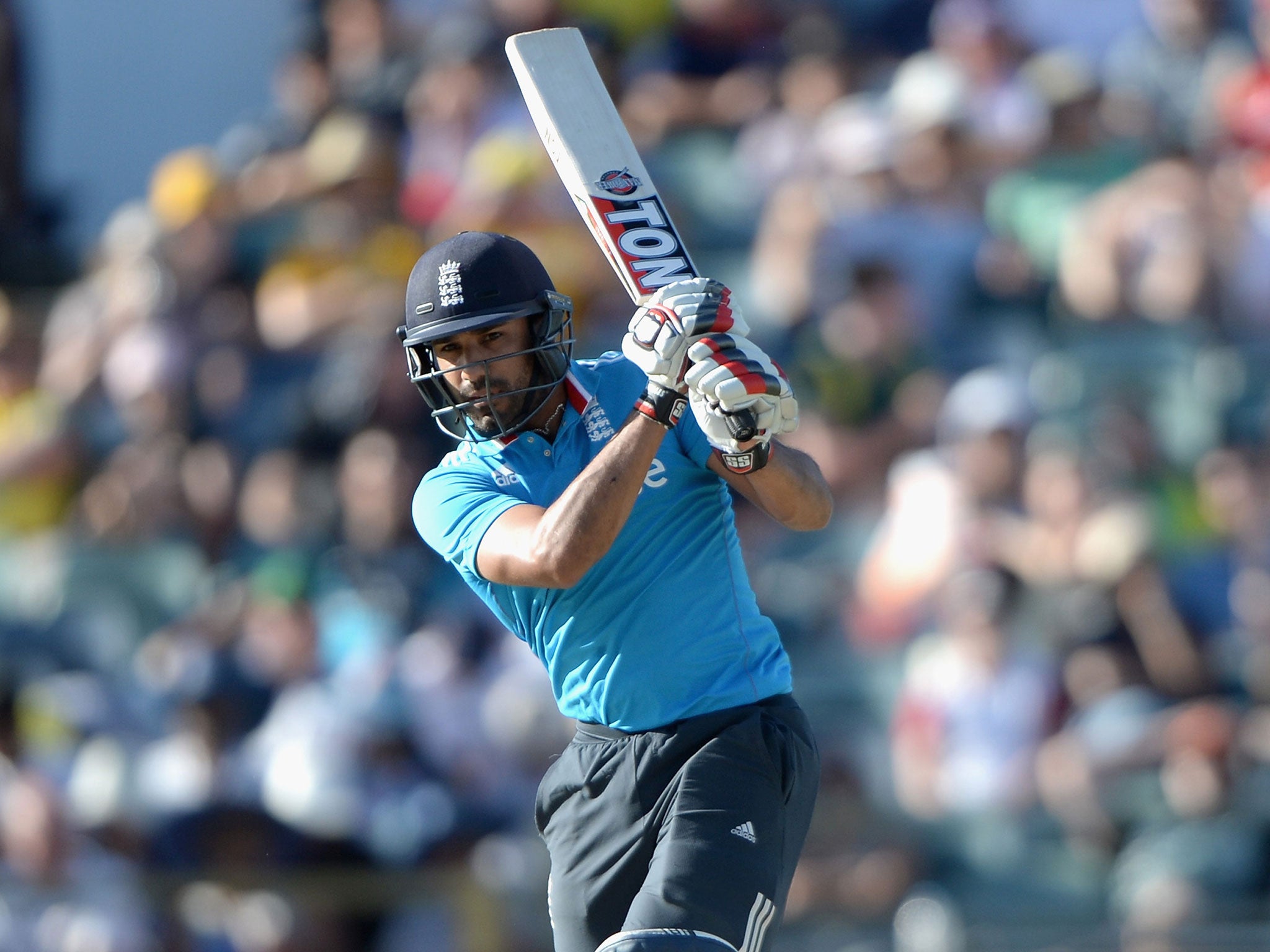Cricket World Cup 2015: Valentine's Day looks sure to see a massacre when England and Australia next meet
Mitchell Johnson has eaten into England’s souls – he has them on toast

Your support helps us to tell the story
From reproductive rights to climate change to Big Tech, The Independent is on the ground when the story is developing. Whether it's investigating the financials of Elon Musk's pro-Trump PAC or producing our latest documentary, 'The A Word', which shines a light on the American women fighting for reproductive rights, we know how important it is to parse out the facts from the messaging.
At such a critical moment in US history, we need reporters on the ground. Your donation allows us to keep sending journalists to speak to both sides of the story.
The Independent is trusted by Americans across the entire political spectrum. And unlike many other quality news outlets, we choose not to lock Americans out of our reporting and analysis with paywalls. We believe quality journalism should be available to everyone, paid for by those who can afford it.
Your support makes all the difference.At some point, England will defeat Australia again in a one-day match. No one should imagine, however, that this will be as soon as 14 February, when the sides next meet, in the opening skirmish of the World Cup. On the evidence of yesterday a St Valentine’s Day massacre is in prospect.
There is a chasm between the sides at present as great as it has ever been. Australia have usually had the better of matters in matches at home against England. Their victory by 112 runs in the final of the Carlton Mid Tri-Series was their 43rd in 64 completed matches.
But England have won only two of the last 15 and five of the last 31, which includes their improbable three in a row in the space of nine days in 2007. They will need to manufacture a similar reversal of form to mount any sort of proper challenge in Melbourne a week on Saturday.
To have lost on Sunday to a side who seem to be on a perpetual peak was hardly surprising, but the manner of the defeat was forlorn.
England were dismantled yet again by Mitchell Johnson. The mere sight of him seemed sufficient to put the frighteners on.
He had not bowled in a match for a month and it was as if he had been holed up in the Outback being fed on raw meat with the promise that one day soon he could be unleashed once more on the English.
It took him a few balls to find his range and, although he was never operating quite at his ruthless peak, the speedometer reached 90mph on several occasions. The bouncer with which he dismissed Moeen Ali was a brute. Moeen does not deal comfortably with the short stuff, as Johnson will be only too well aware. Something similar can be expected at the MCG.
By now, of course, it goes well beyond Johnson’s pace and bounce. He has eaten into England’s souls, his reputation precedes him, he has them on toast, and it looked yesterday as if he knows and they know it.
Johnson’s intervention meant that the final was as good as done before the 11th over of England’s innings was out. The highest score was Ravi Bopara’s 33 but, coming as it did off 59 balls, it was thoroughly dispiriting in itself. Against confident, assured opponents of high calibre England were simply not up to it.
It was the more disheartening because of the start they had, reducing Australia in favourable bowling conditions to 60 for 4. It was here that the difference was most marked. Australia are in that happy place where they seem instinctively to be certain that someone, anyone, will turn things round should it be needed.
They scored 48 between the 21st and 30th overs, 72 between the 31st and 40th, and 86 between the 41st and 50th. It was a superbly effective recovery by players at the top of their game. Glenn Maxwell, Mitchell Marsh and the explosive James Faulkner knew when and how to open the throttle and their power and innovation made England seem insipid second-raters.
Yet England, as they were understandably eager to point out, have made noticeable advances since their arrival in Australia. They have beaten India twice, they had assembled four century partnerships, more than both their opponents.
They look much more settled than in Sri Lanka before Christmas, they know their preferred XI. But Australia, South Africa and perhaps New Zealand are playing a different brand of one-day cricket. The 12 days left at their disposal may not be enough for England to replicate it.
Join our commenting forum
Join thought-provoking conversations, follow other Independent readers and see their replies
Comments